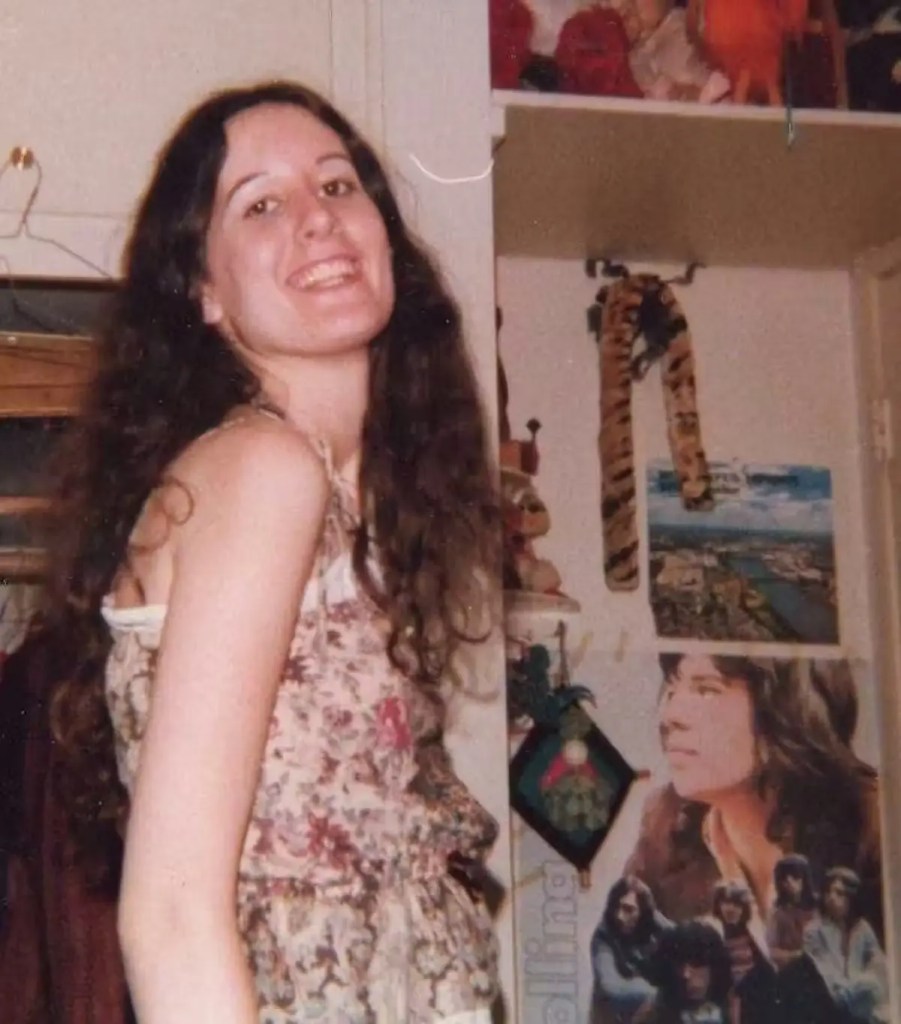Political correctness is running amok! Or something.
What is political correctness? You may have noticed that term floating around quite a bit these days. And if the way it’s being used is any indication, it’s a terrible, horrible, no good, very bad thing.
Death by P.C. culture! The most painful way to die! GIF from CNN.
From the sound of it, political correctness is responsible for the slow destruction of American culture, drug abuse, acts of terrorism, and even comedy!
Jerry Seinfeld is not having it, you guys. GIF from “Late Night with Seth Meyers.”
But when you look at what the term “politically correct” actually means, it paints a much different picture.
This is a cliche way to start any argument, but bear with me. Merriam-Webster defines “politically correct“ as “agreeing with the idea that people should be careful to not use language or behave in a way that could offend a particular group of people.”
“I started imagining a world in which we replaced the phrase ‘politically correct’ wherever we could with ‘treating other people with respect’, and it made me smile.” — Neil Gaiman
Other dictionaries give similar definitions, but what it basically comes down to is political correctness means not being a jerk to others. Political correctness is nothing more than treating others with respect. Being kind. Being a nice person.
And, yes, this means maybe not calling someone a racial slur and not making judgments or assumptions based on stereotypes.
It’s nothing more than being a nice person. GIF from “Tangled.”
To illustrate the true meaning of political correctness, just install this genius browser extension.
Byron Clark released PC2Respect, a Google Chrome extension that automatically replaces the term “political correctness” to “treating people with respect” on any web page.
Just a few samples of the greatness that is the PC2Respect extension.
Clark was inspired by a blog post that author Neil Gaiman wrote in 2013:
“I was reading a book (about interjections, oddly enough) yesterday which included the phrase ‘In these days of political correctness…’ talking about no longer making jokes that denigrated people for their culture or for the colour of their skin. And I thought, ‘That’s not actually anything to do with “political correctness”. That’s just treating other people with respect.’
Which made me oddly happy. I started imagining a world in which we replaced the phrase ‘politically correct’ wherever we could with ‘treating other people with respect’, and it made me smile.”
Give it a try.
Take any quote using the term “political correctness” (or a variation on that), and replace it with “treating people with respect” or “being nice.”
The result is both funny and eye-opening.
For example, during one of this election cycle’s primary debates, Donald Trump said, “I think the big problem this country has is being politically correct.” When you swap in the actual definition, what he’s really saying is, “I think the big problem this country has is treating people with respect.”
Or, for another example, New York Times opinion writer Ross Douthat wrote, “‘The demands of political correctness’ can indeed ‘act like an acid.’” Now imagine that same sentence with the correct definition: “‘The demands of being nice’ can indeed ‘act like an acid.’”
Kind of funny, right? And even when you question the most basic statements being made, the results are pretty obvious.
For example, is “being nice” killing people? No.
And when you think of it that way, political correctness isn’t such a bad thing after all.
Political correctness is about respect and kindness, not life and death. The examples listed above (“the decline of American culture,” drug abuse, terrorism, and “the death of comedy”) aren’t the results of political correctness. Laying blame at a concept of respect rather than underlying issues (such as poverty, the War on Drugs, our country’s foreign policy decisions, and people simply not finding certain comedians funny anymore) is a major cop out.
GIF from American Bridge 21st Century.
Political correctness is actually just being nice. It’s not censorship. It’s not an infringement on your First Amendment rights (you can go on Twitter and tweet whatever “politically incorrect” thing you’d like, and I can pretty much guarantee you probably won’t be arrested for it). It just means showing some basic respect for other human beings. The same kind of respect and kindness we expect others to give to us.
























